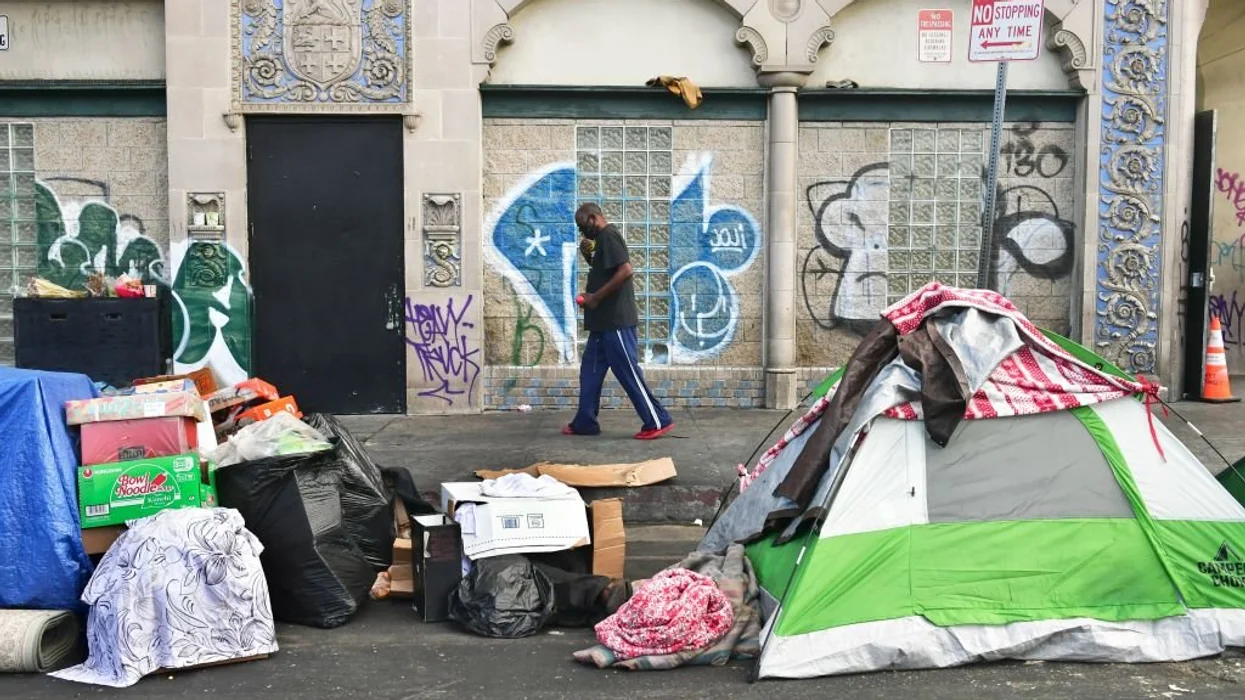In the heart of one of the United States’ wealthiest states, California’s homelessness crisis persists as a glaring challenge. Despite a colossal expenditure of $24 billion over the past five years, aimed at ameliorating this pressing issue, an auditor’s report reveals that little has improved across many cities. This situation has sparked a heated debate on state accountability and the effectiveness of funds allocated to combat this social dilemma.

Auditor’s Findings: A Call for Better Oversight
California’s approach to its homeless crisis has come under scrutiny after a recent state audit highlighted significant shortcomings in tracking and evaluating the effectiveness of programs designed to assist the homeless population. The report uncovered that the California Interagency Council on Homelessness (Cal ICH), a pivotal entity in orchestrating the state’s response, ceased its tracking activities in 2021. Furthermore, it failed to gather crucial outcome data due to an absence of consistent methodologies.
The implications of these findings are profound, raising questions about the allocation of public funds and the actual benefits derived from such substantial investments. Critics, particularly from the GOP, have been vocal in their discontent. California Assembly Republican Leader James Gallagher criticized Governor Gavin Newsom’s administration for its handling of the situation, stating, “This is standard Gavin Newsom – make a splashy announcement, waste a bunch of taxpayer money, and completely fail to deliver.”
How effective are California's homelessness programs? Audit finds state hasn't been keeping track https://t.co/TQVScOpgCk
— FOX 5 San Diego (@fox5sandiego) April 10, 2024
The Political Backdrop and Calls for Reform
The dissatisfaction extends beyond party lines, with Democratic state Sen. Dave Cortese emphasizing the “urgent need to establish best practices and create a blueprint” for addressing what he described as California’s “most visible challenge.” Meanwhile, former MLB All-Star and Republican Senate candidate Steve Garvey advocates for “real political courage” to rectify the system, supporting a federal audit to ensure accountability.
The spotlight on these issues comes at a crucial time as California continues to grapple with visible homeless encampments and the broader implications of inadequate shelter facilities. The audit’s exposure of these systemic flaws has led to bipartisan calls for a more robust framework to track spending and outcomes effectively.

Towards a Solution: Legislation and Local Accountability
In response to the criticism, Cal ICH points to recent legislative efforts aimed at improving the situation. Following the implementation of AB 977, which took effect at the start of 2023, there has been a marked push towards enhancing data collection standards. This law mandates that grantees of state-funded homelessness programs input specific data elements into the local Homeless Management Information System (HMIS), aiming to provide a clearer picture of the landscape and foster more effective interventions.
However, Cal ICH also shifts some responsibility to local governments, emphasizing their pivotal role in the practical implementation of homelessness programs and the necessity for them to collect data that the state can use to assess program effectiveness. This call for enhanced local accountability suggests a move towards a more decentralized approach to tackling the crisis, where city and county governments play a more significant role in shaping outcomes.

Conclusion: California’s Journey to Addressing the Homelessness Crisis
As California continues to navigate the complexities of its homelessness crisis, the state finds itself at a crossroads. The recent audit serves as a wake-up call, highlighting the need for improved data collection, accountability, and transparency in how homelessness programs are managed and evaluated. With billions already spent and more investments on the horizon, Californians are watching closely, hoping that their state can turn a corner and provide real, lasting solutions for its most vulnerable residents.










